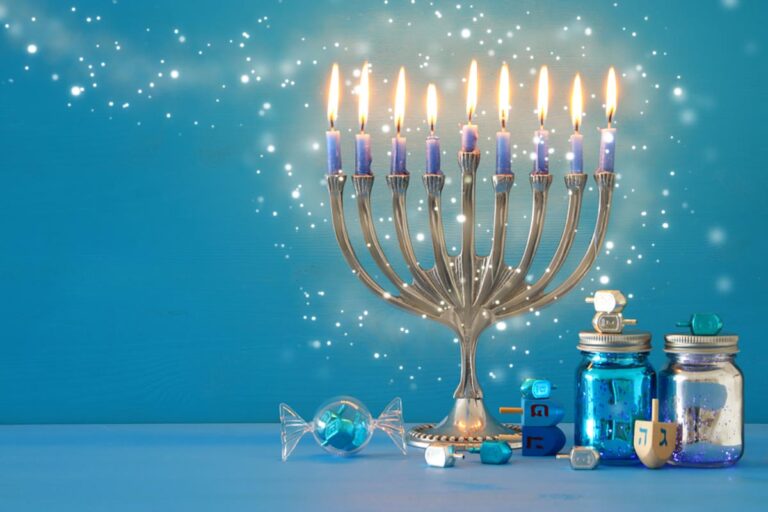
Although Hanukkah is often perceived as the fun Jewish counterpart to Christmas, the Festival of Lights is a deeply spiritual holiday steeped in ancient traditions and customs.
Rooted in historical events, the festival commemorates the rededication of the Second Temple in Jerusalem and the miracle of the oil that continued to burn for eight days.
Beyond lighting the menorah, Hanukkah encompasses a variety of spiritual traditions that deepen our connection to faith and community. Here are eight spiritual facets of Hanukkah to brighten your holiday.
Adding a candle each night
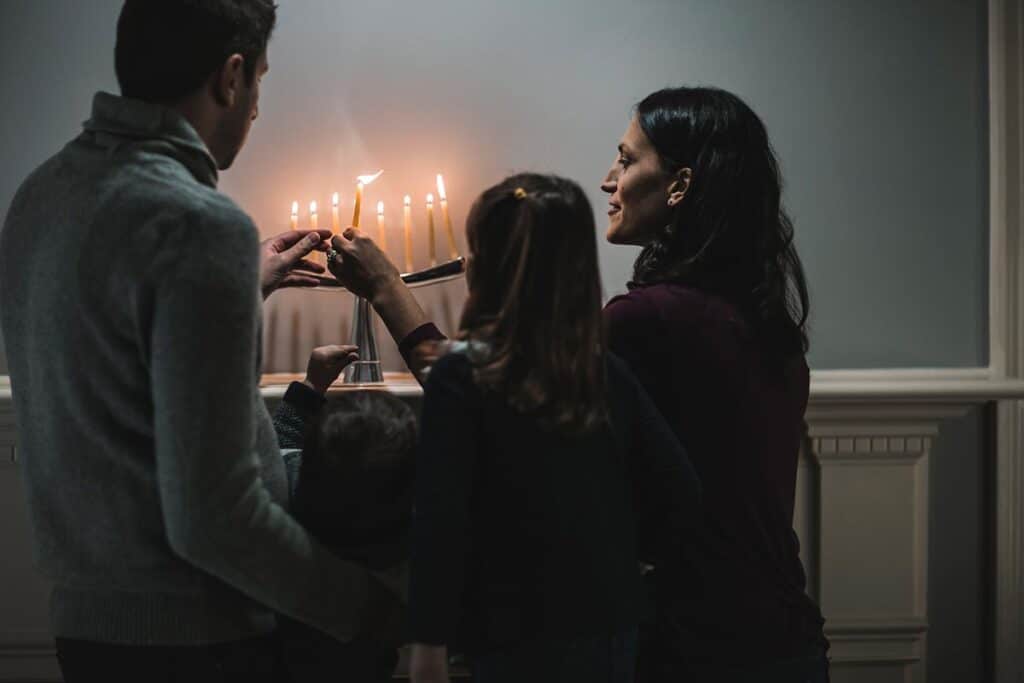
The central and most iconic Hanukkah tradition is lighting the menorah. We light one additional candle each night, adding candles from right to left, but lighting them from left to right.
For a refresher on how to light the menorah, see our Hanukkah guide.
However, there is a famous debate in the Talmud (Shabbat 21b) over this method. While Beit Shammai says to start with all eight candles lit and reduce the number each subsequent night, Beit Hillel says to start with one candle and add an additional candle each night.
Ultimately, Hillel won the debate, signifying that we should add light to the world and never diminish it.
Each candle symbolizes how the increased light can overcome darkness, and how we can continuously add more light to the world, one candle at a time.
Rabbi Abraham Isaac Kook expressed the idea this way: “The purely righteous do not complain of the dark, but increase the light.”
Reflect on this with a journal prompt: Add light this Hanukkah
Pausing our daily tasks
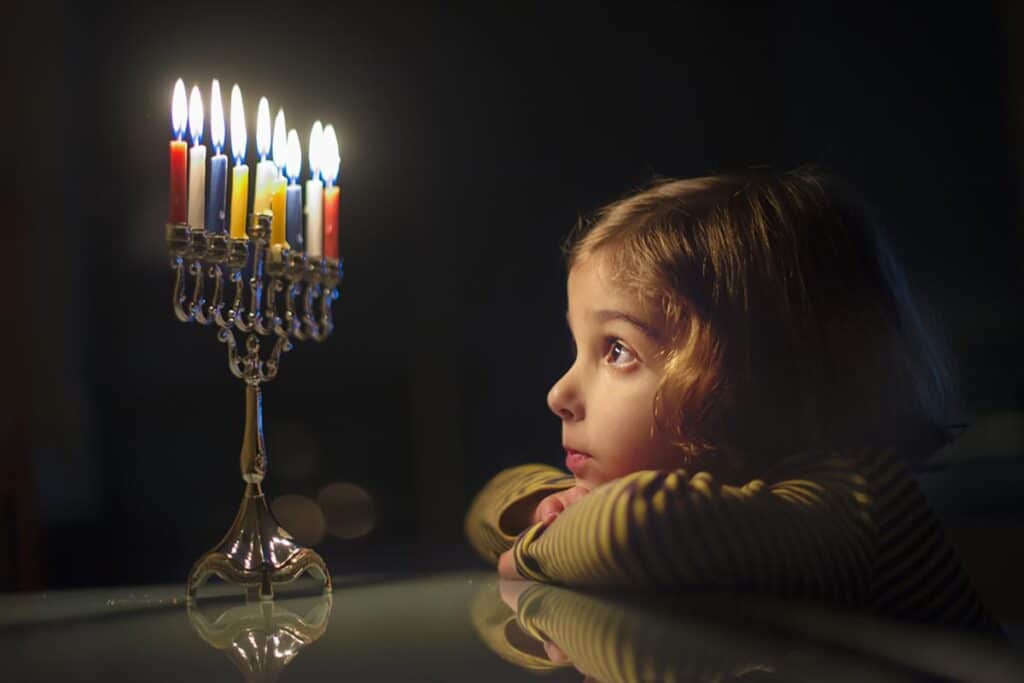
According to the medieval Jewish scholar Maharil, it is customary to refrain from doing any work while the Hanukkah candles are burning.
This tradition helps us focus on the mitzvah of lighting the candles rather than quickly moving on without reflection.
This intentional pause during this time serves as an opportunity for us to engage in meaningful reflection. By stepping back from daily tasks, we create an environment conducive to deep thought and contemplation.
This pause becomes a special time to gather with family and loved ones, fostering a sense of togetherness and providing a break from the usual distractions of everyday life.
Such a mindful break allows for a more spiritually enriching experience of Hanukkah, allowing us to fully appreciate the significance of the mitzvah and the moments shared with loved ones.
Publicizing the miracle
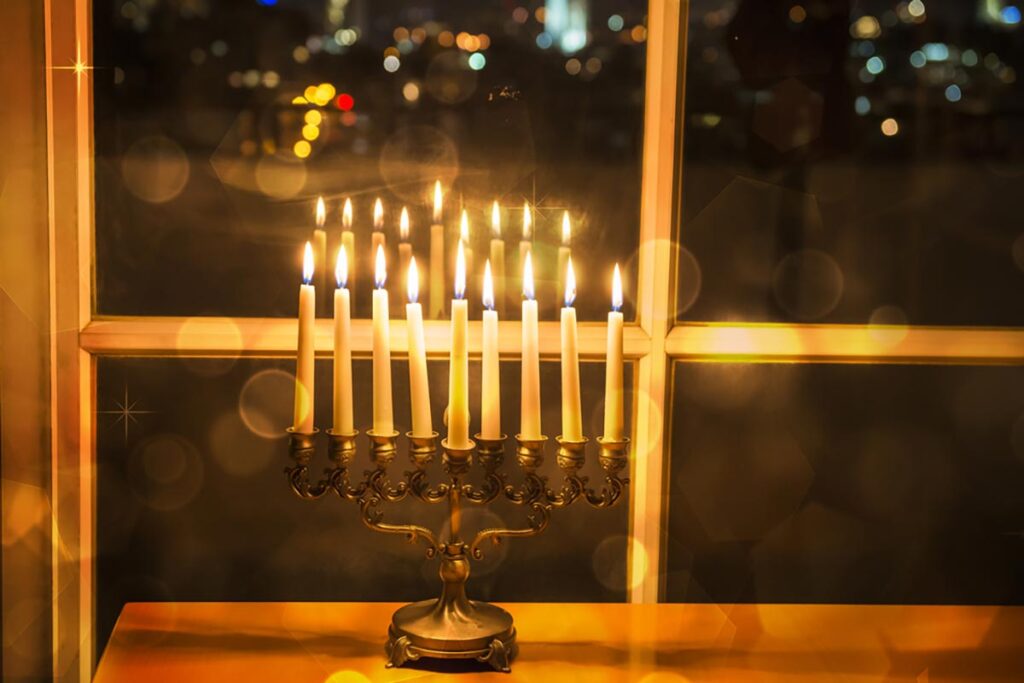
The tradition of pirsumei nisa, or publicizing the miracle, is an integral part of Hanukkah where we light the menorah in public view.
Typically, menorahs are placed on windowsills, in doorways, or even outside. In Jerusalem, many Jews adhere to the Talmudic decree to place Hanukkah lamps outside one’s house for everyone to see.
Since Jerusalem winters are often windy and rainy, menorahs are placed in glass boxes to ensure the flames don’t extinguish. Some homes even have special shelves built into their exterior walls to hold these glass-encased menorahs.
The origins of this tradition trace back to the time of the Hanukkah story (the second century B.C.E.), when Jews had to hide their religious practices during the oppressive Syrian-Greek regime.
On Hanukkah, we light candles in public view to commemorate the Jewish people’s triumph over this oppressive rule.
This act also symbolizes the freedom to openly practice our faith and the spreading of the menorah’s light to the world.
Reflect on this with a journal prompt: Publicizing the miracle this Hanukkah
Giving tzedakah
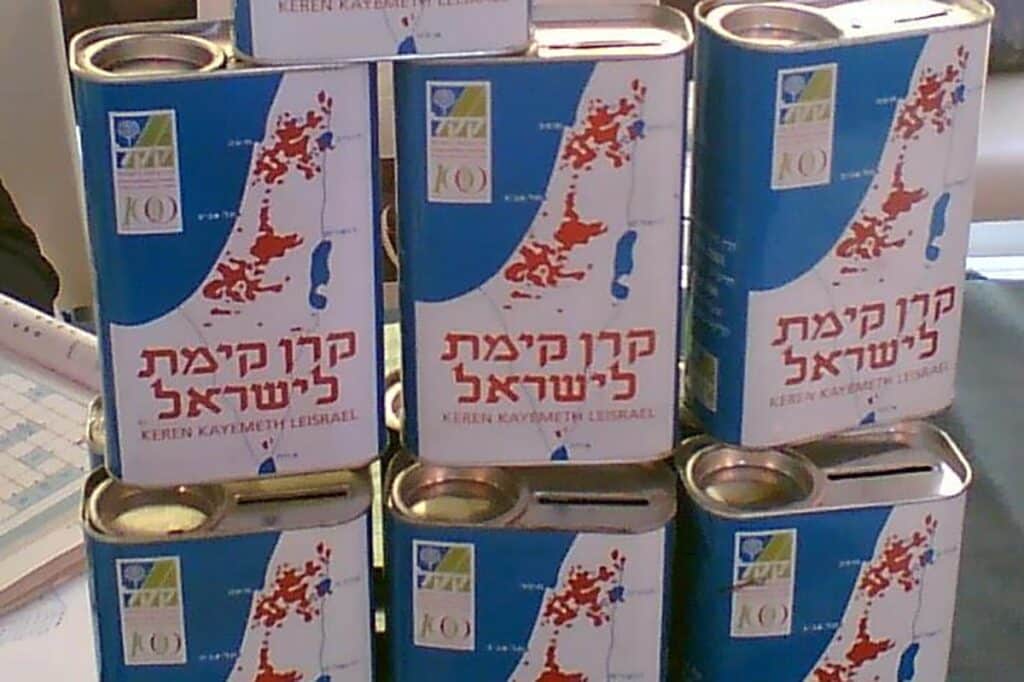
Just as the Hanukkah candles illuminate the darkness, acts of charity and kindness bring light and warmth to those in need. Giving tzedakah is a tangible way to bring light to those who are less fortunate.
While it’s often translated as “charity,” tzedakah is more accurately defined as “justice” or “righteousness.”
According to the 12th-century Jewish philosopher Moses Maimonides (Rambam), one of the highest forms of giving is when the benefactor remains anonymous.
The act of giving tzedakah is similar to the shamash (helper) candle lighting all the rest. Just as the shamash passes the flame to the other candles without being diminished, when we give tzedakah, we spread light to those in need, and even shine more brightly ourselves.
Rabbi Jonathan Sacks put it this way: “The paradox of giving is that when we…give to another, it is we ourselves who are lifted.”
Similarly, Rabbi Solomon Ganzfried, the author of the Kitzur Shulhan Arukh, wrote about the custom of giving more tzedakah during Hanukkah, noting that “Tzedakah can correct the flaws in one’s soul.”
By adopting the spirit of anonymous giving, we embody an even higher level of generosity, emphasizing humility and genuine concern for the welfare of those in need.
Hanukkah thus provides a unique opportunity not only for personal reflection but also to positively impact someone else’s life through acts of tzedakah.
Reflect on this with a journal prompt: Spread light like a shamash
Connecting with a spiritual realm
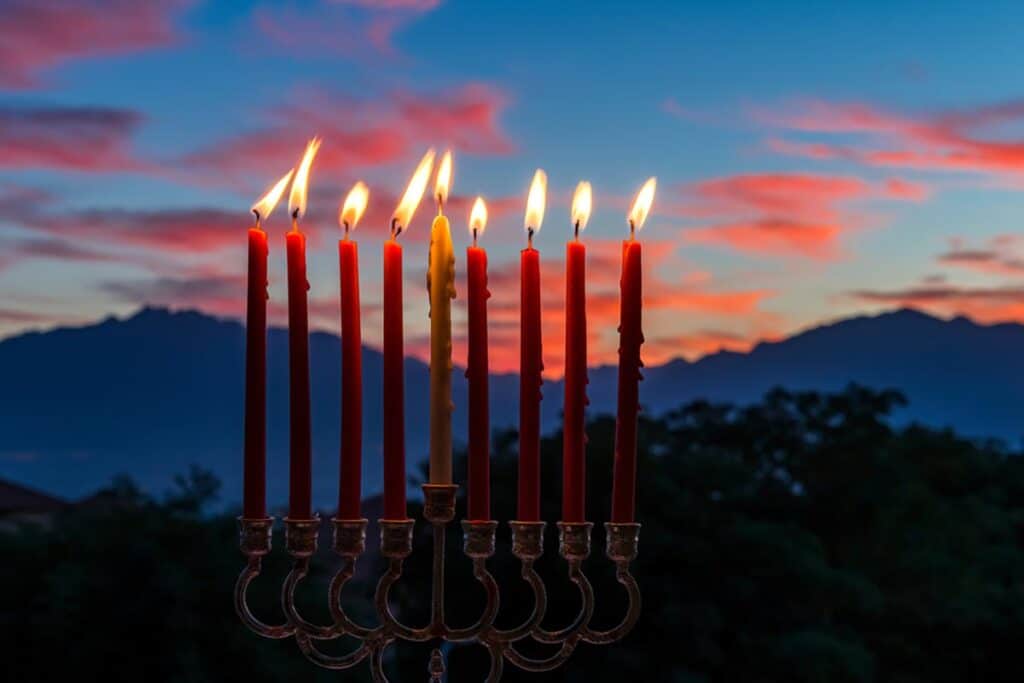
The eighth night of Hanukkah holds particular spiritual significance, stemming from the number eight’s association with holiness and the spiritual realm.
In Jewish tradition, the world was created in seven days, a number representing completeness and the bounds of the earthly realm.
Rabbi Joseph B. Soloveitchik taught that the number eight symbolizes a transcendence of the natural order and a deeper connection with the divine.
While seven signifies the completion of the natural world, eight signifies going beyond nature and imbuing nature with sanctity, Soloveitchik said.
Each night of Hanukkah and especially the eighth night presents a chance to rise above the ordinary, focus on the miraculous and connect with the divine.
Countering historical injustices

Hanukkah begins on the 25th day of the Jewish month of Kislev, a date that holds special meaning and significance.
Under Syrian-Greek rule, Jews were forbidden from observing three central mitzvot — observing Shabbat, celebrating the new month and performing a brit milah (circumcision). The start of Hanukkah on the 25th of Kislev allows for the redemptive observance of these mitzvot.
Spanning eight days, Hanukkah always includes at least one Shabbat, allowing for the observance of this sacred day. Its eight-day duration also provides an opportunity for the brit milah of a baby born on the first day of Hanukkah.
Plus, the holiday always encompasses the start of the new month of Tevet, which is celebrated on the sixth night. This addresses the ancient Syrian-Greek decree that sought to suppress these fundamental Jewish practices.
Read more: The ultimate guide to Rosh Chodesh
By observing these mitzvot during Hanukkah, we symbolically counter the historical injustices imposed by the Syrian-Greek rule.
The holiday represents the resilience of the Jewish spirit and the revival and continued practice of these core religious customs.
Reflecting on the theme of rededication
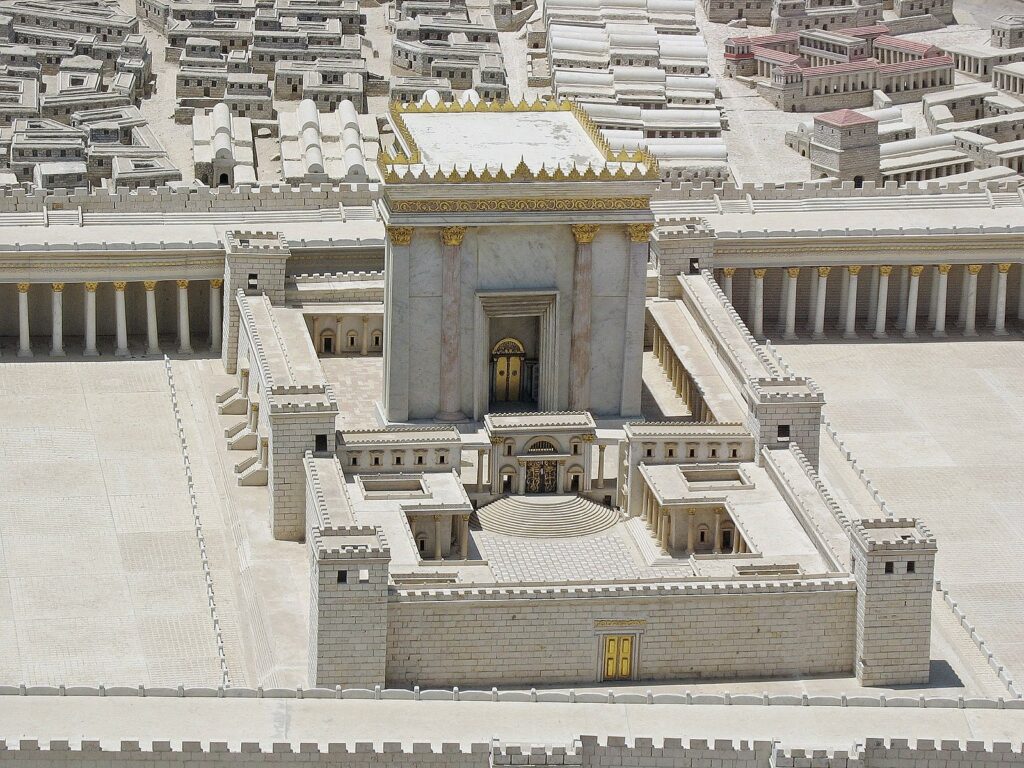
Throughout the year, we read a Torah portion on Monday, Thursday, and Saturday. On Hanukkah, however, we deviate from this norm and read a section from Bamidbar/Numbers 6:22 – 8:1 every day.
These readings recall the dedication of the Tabernacle that the Jews built while wandering in the desert to worship God.
This parallels the Hanukkah story — after defeating the Syrian-Greeks, the Maccabees rededicated the Second Temple in Jerusalem, restoring it as a place to praise God in their holiest city once again. (That is why Hanukkah literally means “dedication” in Hebrew.)
So, the daily Torah readings during Hanukkah serve as a poignant reminder of the Temple’s rededication.
It encourages us to reflect on Hanukkah’s deeper themes such as dedication, resilience and the triumph of light over darkness, beyond the external celebrations.
Reflect on this with a journal prompt: Rededicate to your goals this Hanukkah
Giving thanks

Hanukkah is not merely about celebrating the miracles that occurred — it is also about giving thanks for those miracles.
“They established these eight days of Hanukkah to give thanks and praise to Your great name,” states the Al Hanisim (“For the Miracles”) prayer that we recite in the daily Amidah prayer and grace after meals during Hanukkah.
In this prayer, we thank God for miraculously delivering “the strong into the hands of the weak, the many into the hands of the few.” The Maccabees were outnumbered and outmaneuvered, but with divine assistance, they achieved a miraculous victory.
Additionally, during Hanukkah, we also express our gratitude and praise by reciting Hallel, a collection of Psalms (113-118).
These psalms allow us to recognize and give thanks for God’s intervention and the miracle of Hanukkah. Reciting Hallel is a spiritually uplifting practice that reinforces the idea of recognizing and valuing the divine presence and blessings in our lives.
Together, the Al Hanisim prayer and the recitation of Hallel during Hanukkah emphasize reflection and thanksgiving, deepening our appreciation of miracles in the Hanukkah story and the present.
Reflect on this with a journal prompt: Gratitude for miracles this Hanukkah
Conclusion
Beyond the surface-level festivities of Hanukkah lies a deeply spiritual holiday and time of reflection. Each aspect of the holiday, particularly lighting the menorah each night, offers a distinct opportunity for spiritual growth.
Practices like publicizing the miracle, reflecting on the Temple’s rededication, giving tzedakah, and expressing gratitude reflect the holiday’s deeper layers.
These practices embody themes of resilience, introspection, and the enduring strength of the Jewish spirit, illuminating the significant role of faith during challenging times.
Read more: Here are the best gifts to give Jewish Gen Z this Hanukkah
Originally Published Dec 6, 2023 09:33PM EST
